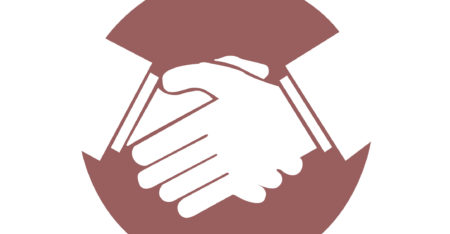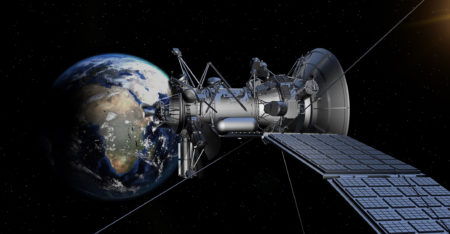Tracking people infected with Covid-19 has become an important weapon in global responses to combating the virus. But at what cost?
Author: The Conversation
Stephen Wolfram is a cult figure in programming and mathematics. Last week, he launched a new venture: the Wolfram Physics Project, an ambitious attempt to develop a new physics of our universe.
The pandemic is confronting people around the world with important questions about how much and what kinds of surveillance and tracking to accept in support of better health.
The public debate on strategies to tackle Covid-19 often unhelpfully positions health and economic considerations in a diametric fashion – as trade-offs. The two need to be parts of a coherent whole.
Most people by now have heard of severe acute respiratory syndrome coronavirus-2, or Covid-19. But some may not be aware that Sars-CoV-2 belongs to a family of viruses. And the family is, we fear, expanding.
In the absence of evidence that has withstood public scrutiny, President Cyril Ramaphosa may have gone too far by imposing a three-week national lockdown. By Seán Mfundza Muller.
The coronavirus outbreak is causing people to rethink the handshake and seek other gestures that perform similar functions without touch.
Mathematical modelling can be used to show that increasing tariffs, which encourages consumers to invest in alternative energy supplies, puts Eskom at risk.
Thousands of new satellites have the potential to revolutionise many aspects of everyday life. Amid all the fanfare, though, a critical danger has flown under the radar: the lack of cybersecurity standards and regulations.
About 81.3% of those who wrote matric in 2019 passed. What the country is not hearing about from the minister of basic education, Angie Motshekga, is the drop in performance in mathematics.











